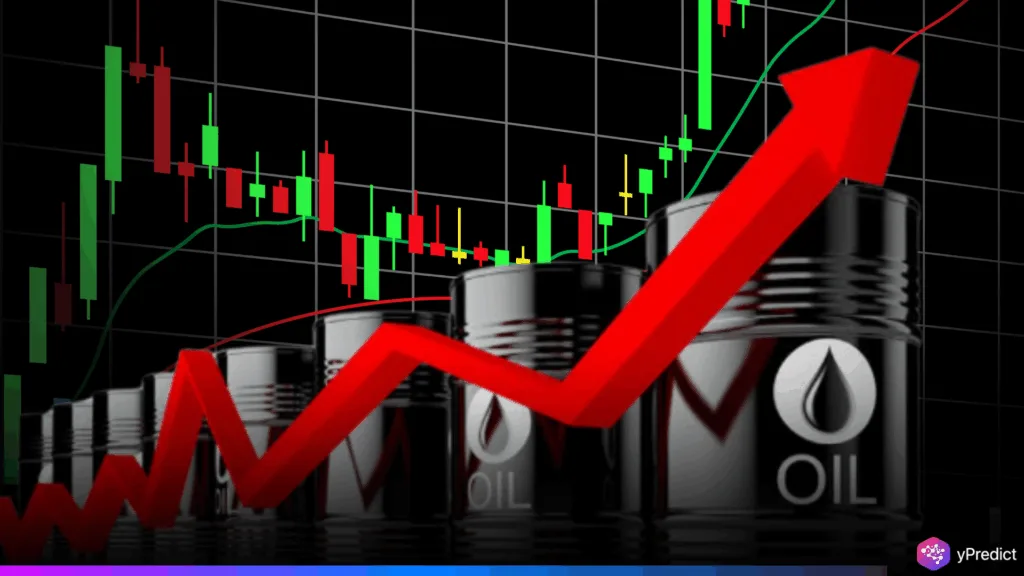
Oil prices remain volatile as traders await a key decision from the eight OPEC+ nations that have been implementing voluntary production cuts. Speculation around a possible increase in output has already driven prices down, with analysts warning that only a significantly larger-than-expected production boost could trigger further declines.
According to Commerzbank’s Head of FX and Commodity Research, Thu Lan Nguyen, media leaks suggesting a likely production hike have been mostly priced in. Unless OPEC+ members hint at sustained high output increases in the coming months, any official announcement might have a muted impact on oil markets.
OPEC+ Strategy Complicated by Overproduction
OPEC+ has refrained from pre-committing to specific output plans in recent meetings, likely to give members like Kazakhstan room to correct past overproduction. The group, led by Saudi Arabia, has already raised output more than initially expected, partly due to this flexibility.
Geopolitical Factors Offer Price Support
Despite bearish pressure from supply news, geopolitical tensions are supporting oil prices. The U.S. recently renewed a license allowing minimal oil production in Venezuela but banned exports, dashing hopes of a broader license extension.
Simultaneously, former U.S. President Donald Trump’s renewed criticism of Russia’s actions in Ukraine and the threat of new energy sanctions have further complicated the outlook. Hopes for a rollback of existing sanctions—once seen as possible—now appear unlikely in the near term.
Outlook
With OPEC+ supply decisions and geopolitical flashpoints both playing key roles, the oil market remains delicately balanced. Any surprises from OPEC+ or escalations in global tensions could shift prices quickly, keeping traders on high alert.







